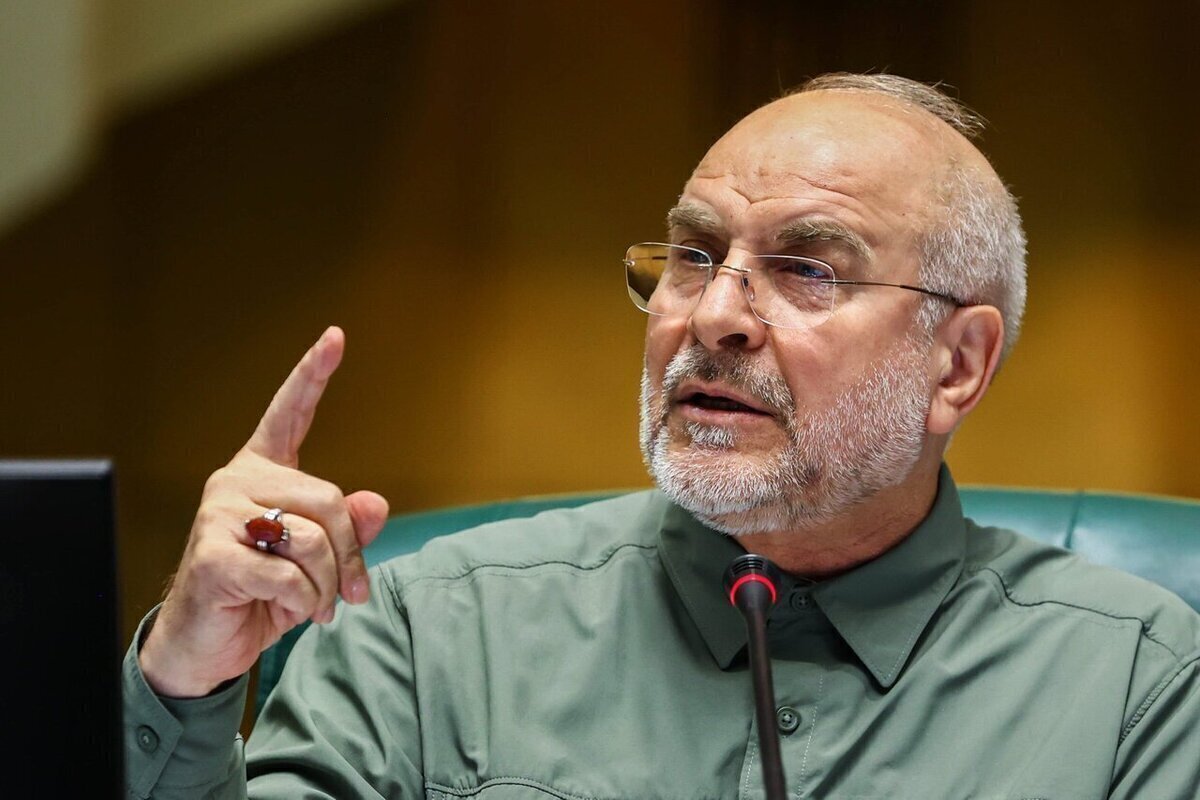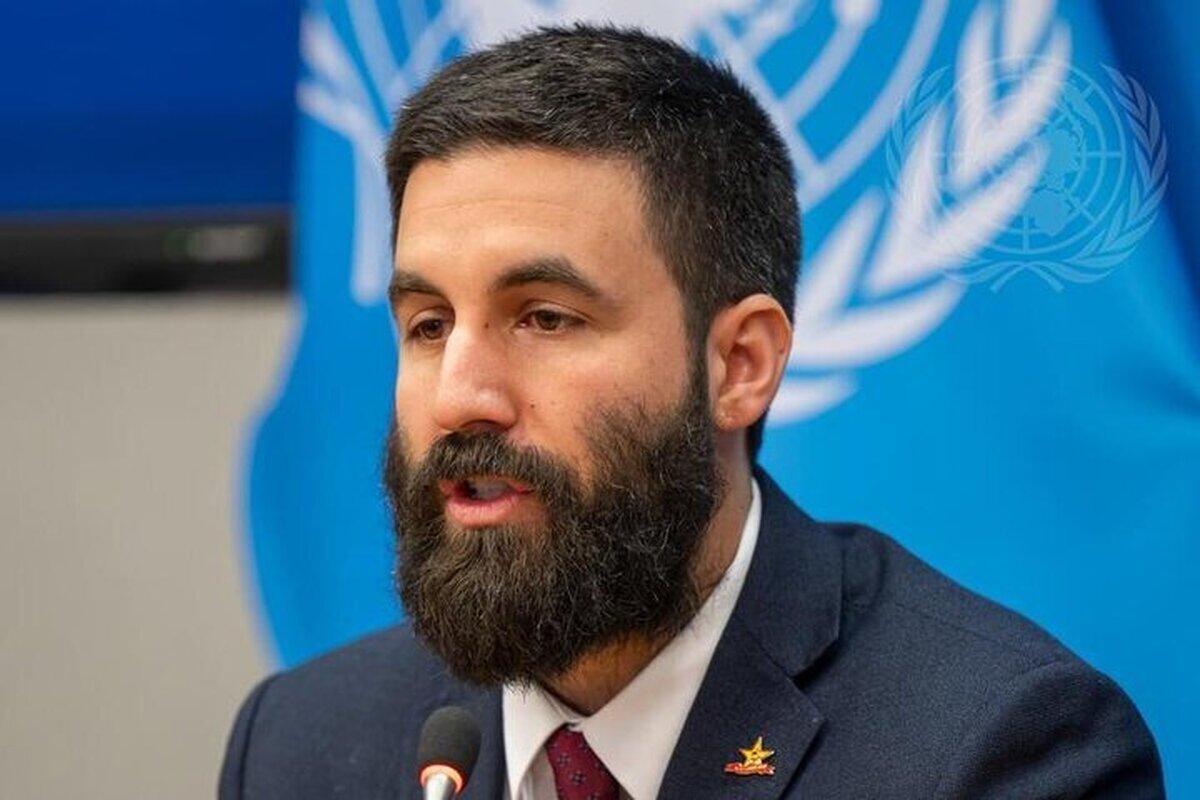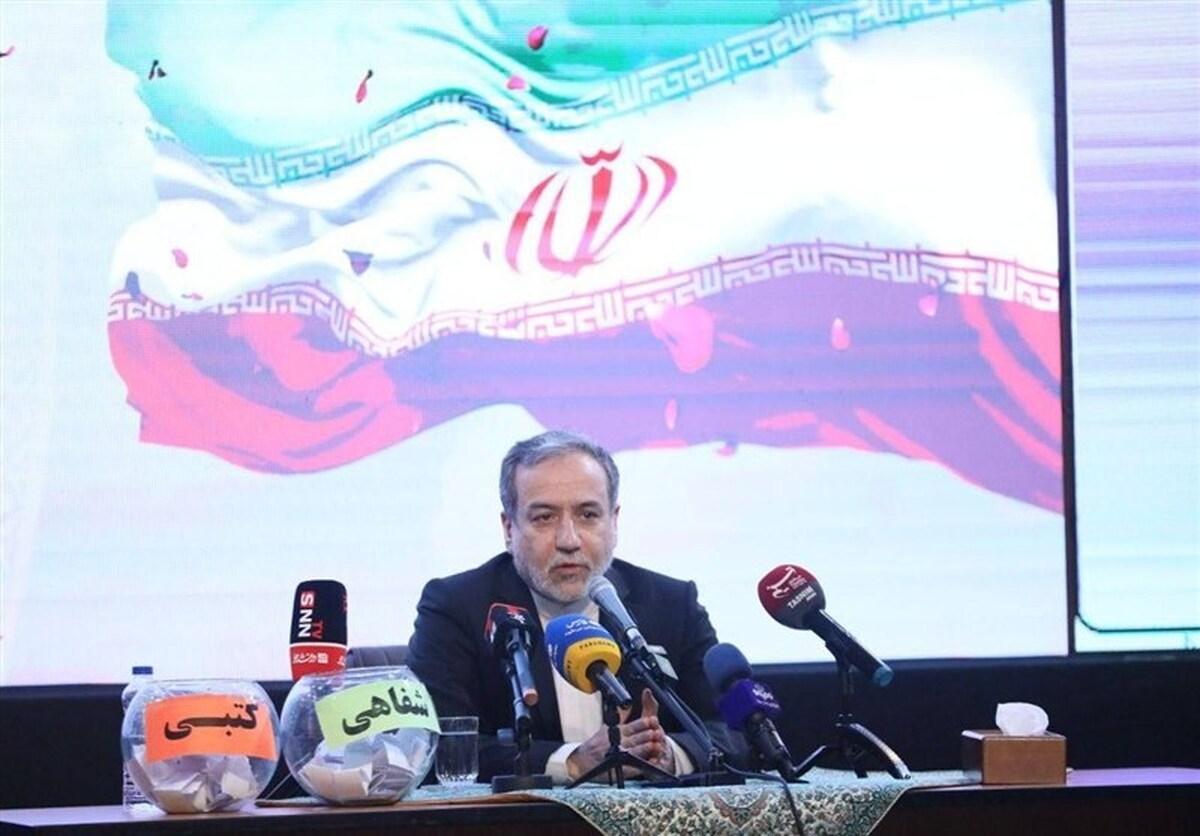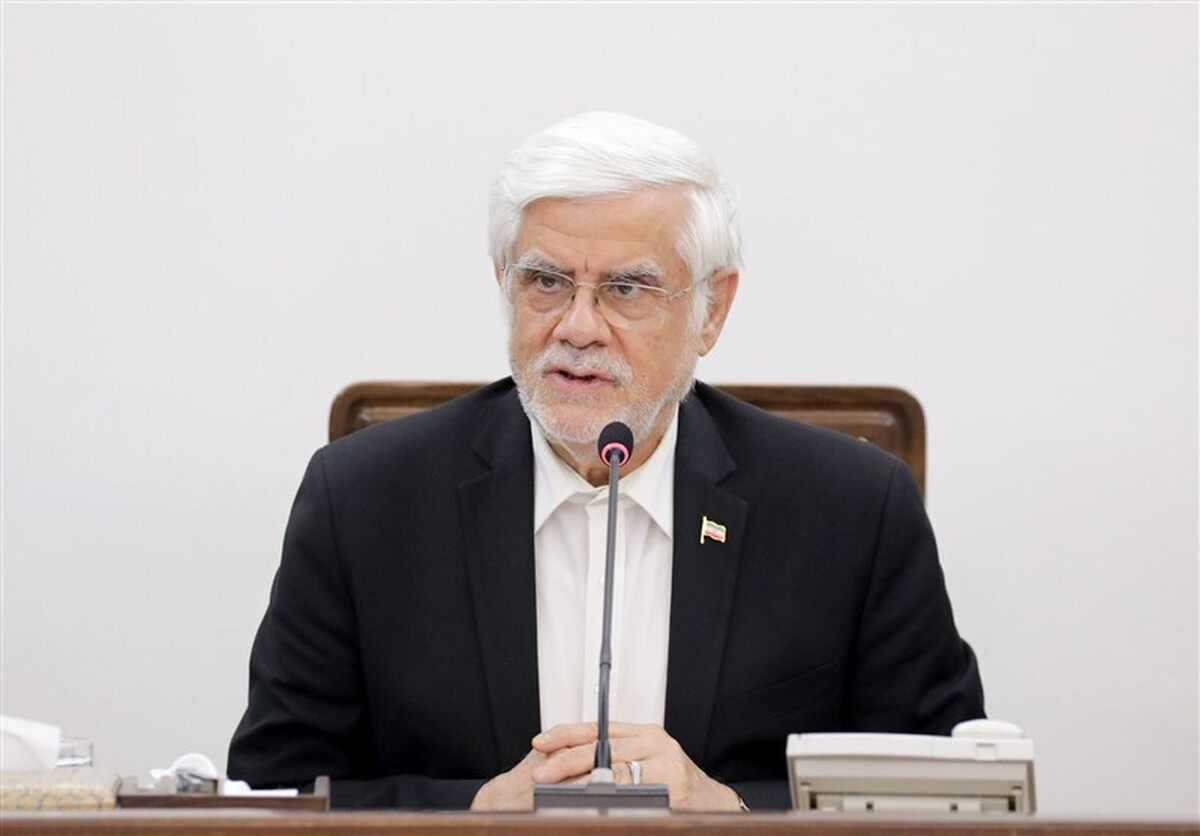
Snapback activation to push Iran closer to Russia, China

The West was never after diplomacy, says American analyst Christopher Helali, arguing that the snapback sanctions expose Western hypocrisy and accelerate Iran’s pivot toward a multipolar world with help of Russia and China.
The recent reactivation of the snapback mechanism by the European parties to the 2015 Iran nuclear deal (JCPOA) has once again heightened tensions between Tehran and the West. Invoking UN Security Council Resolution 2231, the E3 countries — Britain, France, and Germany — reinstated the UN sanctions that were lifted under the JCPOA, citing concerns over Iran’s nuclear activities. Tehran, however, has strongly rejected the move, calling it illegal, politically motivated, and a clear violation of the agreement’s spirit and text.
Tehran maintains that the so-called snapback is a unilateral and baseless action with no legal or practical effect. Iranian officials argue that the move reveals the West’s persistent double standards and its unwillingness to engage in genuine diplomacy, even years after Washington’s withdrawal from the deal in 2018.
Amid these renewed tensions, Tehran has deepened its cooperation with Moscow and Beijing, emphasizing a long-term shift toward strategic alliances in the East. Just weeks ago, Iran and Russia began implementing their Comprehensive Strategic Partnership Treaty, marking a new stage in their cooperation across various fields.
In this context, Mehr News Agency spoke with American political analyst Christopher Helali, who argues that the snapback sanctions expose Western hypocrisy and will only accelerate Iran’s alignment with Russia and China. He believes the move signals the end of Western diplomacy with Iran and the beginning of a new strategic era shaped by Eastern partnerships and self-reliance.
Below is the text of Mehr News Agency's interview with Christopher Helali, International Secretary of the American Communist Party (ACP);
1. How do you assess the strategic and political impact of the snapback activation on Iran’s international position?
My assessment of the strategic and political impact of the snapback activation on Iran’s international position is that it confirms what many of us have known and understood for a long time, that the collective West was not interested in diplomatic solutions regarding Iran’s civilian nuclear program. Rather, they were always interested in confrontation, maximum pressure, and military action to create the conditions for regime change. I have argued for years that Iran’s destiny is tied to the East, not the West. No matter how Iranian reformists seek to sell Iran to the West, the West will always see Iran through the dual prism of one, the fear and hatred of Islam and two, Iran’s natural resources (ie. Oil). The strategic impact is first, that negotiations on the JCPOA, the so-called “Iran Nuclear Deal,” are all but over. While diplomacy continues, the goodwill built up over the past decade has faded. Second, the strategic impact moves from the diplomatic and political field to the economic and military field. That is, the battlefield is both economic with the imposition of these sanctions and military in that Iran just endured a Twelve-day war of aggression by the Zionist regime and the United States. Therefore, Iran’s defensive capabilities are being enhanced with the lingering fear that another strike will come in the near future. The political impact is enormous. It transforms Iran both internally and externally in terms of its posture, relations, and strategic outlook. Iran must know seriously consider its survival in the face of renewed Western aggression. In my opinion, the only way to survive is to follow the model developed by the DPRK under its Juche “self-reliance” ideology and Songun “military-first” policy.
2. In your view, how has the snapback influenced Iran’s diplomatic and economic alignment with Russia?
The snapback has helped to transform Iran’s diplomatic and economic alignment with Russia. Both the Russian Federation and China have already made it clear in their statements and positions at the United Nations and elsewhere that they do not recognize the return of UN sanctions on Iran that was triggered by the E3 countries using the “snapback” mechanism under UN Security Council Resolution 2231. Thus, Russia will continue to maintain its strategic ties with Iran in all fields. My prediction is that Iran will grow closer to Russia both diplomatically and economically in the coming years as they continue to confront US hegemony and the unipolar world order while simultaneously building a more just multipolar world order.
3. What role do you see Russia playing in helping Iran mitigate the practical effects of the reinstated sanctions?
Russia will in my estimation help Iran mitigate the practical effects of the reinstated sanctions by continuing its trade and cooperation with Iran on numerous fronts. The recent agreement between Iran and Russia’s Rosatom to build small nuclear power plants in Iran valued at $25 billion shows the commitment of Russia to expanding and deepening its strategic ties with Iran including in the field of nuclear energy. Russia will also, in my opinion, continue to defend Iran at the United Nations and continue to advocate for peaceful and diplomatic resolution to the root issues, namely the West’s reluctance to seriously negotiate in good faith.
4. Considering the responses of other major powers and UN members, how effective do you think the snapback will be in achieving its intended objectives?
Given that Russia and China do not recognize the snapback sanctions, I believe that the effect will not be as drastic and catastrophic since the Islamic Republic has already weathered decades of sanctions and a campaign of “maximum pressure” from the United States. I believe growing economic ties and integration into the BRICS+, Belt and Road Initiative, and SCO, will see Iran weather the economic warfare from the West and continue to advance and develop its domestic capabilities even without help from the Europeans and Americans. This is a clear indication of the resilience of the Islamic Republic of Iran which some Western commentators and the leader of the Zionist regime claimed would fall in just days after commencing its illegal war of aggression.
5. What are the most viable diplomatic alternatives to reduce tensions and ensure regional stability beyond sanctions and pressure?
The most viable diplomatic alternatives to reduce tensions and ensure regional stability beyond sanctions and pressure is, of course, diplomatic solutions that provide for the needs of the Iranian people and state, while also being acceptable to the other parties. The solutions rest in diplomatic solutions that yield peace, economic prosperity, and development. Ultimately, a people-centered approach is necessary. Since sanctions and pressure target, and disproportionately impact, the ordinary working-class people, it is necessary for there to be solutions that provide for their welfare and economic advancement. Since diplomatic alternatives with the West look like a remote possibility at present, the diplomatic alternatives and agreements will come from strategic allies like Russia and China, intergovernmental organizations like BRICS+, and from the broader Global South. /tasnim




